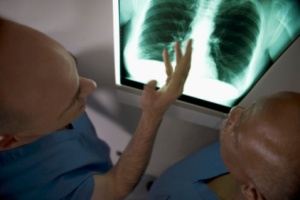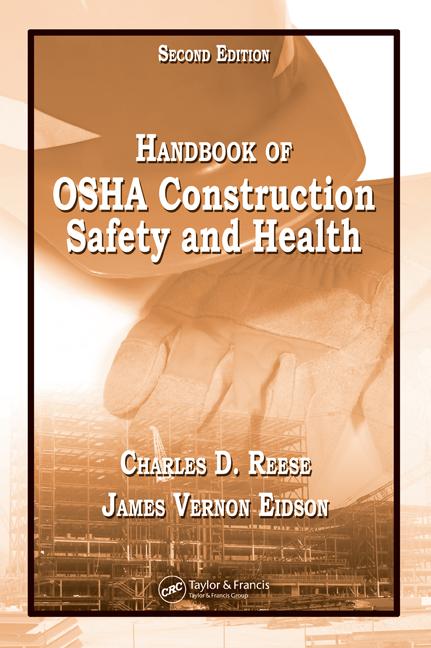 • Acute exposure to welding fume and gases can result in eye, nose and throat irritation, dizziness and nausea. Workers in the area who experience these symptoms should leave the area immediately, seek fresh air and obtain medical attention.
• Acute exposure to welding fume and gases can result in eye, nose and throat irritation, dizziness and nausea. Workers in the area who experience these symptoms should leave the area immediately, seek fresh air and obtain medical attention.
• Prolonged exposure to welding fume may cause lung damage and various types of cancer, including lung, larynx and urinary tract.
• Health effects from certain fumes may include metal fume fever, stomach ulcers, kidney damage and nervous system damage. Prolonged exposure to manganese fume can cause Parkinson’s–like symptoms.
• Gases such as helium, argon, and carbon dioxide displace oxygen in the air and can lead to suffocation, particularly when welding in confined or enclosed spaces. Carbon monoxide gas can form, posing a serious asphyxiation hazard.
Source: OSHA



